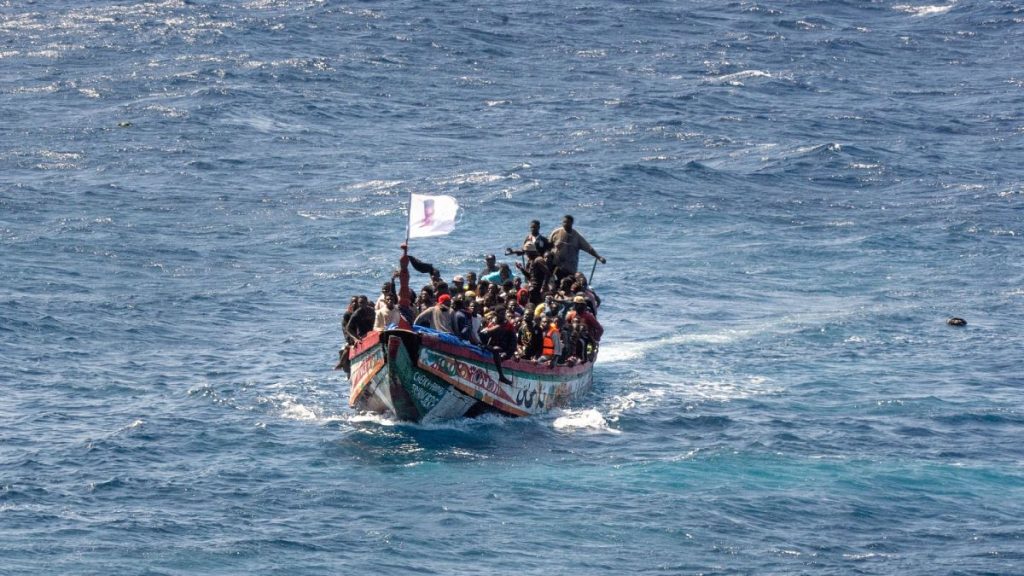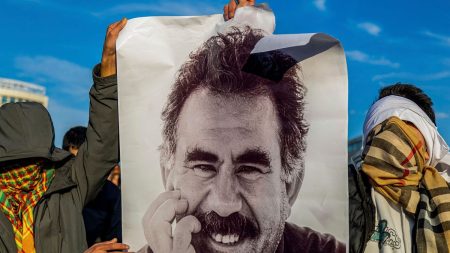The Atlantic migration route, stretching from the coasts of West Africa to the Spanish Canary Islands, has once again claimed the lives of dozens of aspiring migrants, highlighting the perilous nature of this desperate journey. A tragic incident involving an overcrowded boat attempting to reach the Canaries resulted in the loss of over 60 lives, with 25 Malian nationals confirmed among the deceased. Out of the 80 passengers onboard, only 11 individuals survived the ordeal, underscoring the precarious conditions and inherent risks associated with this maritime passage. The Canary Islands, geographically closer to Africa than mainland Spain, serve as a gateway to continental Europe, attracting migrants seeking better economic opportunities, fleeing conflict, or escaping political instability. This latest tragedy serves as a stark reminder of the human cost of migration and the urgent need for comprehensive solutions to address the root causes driving individuals to embark on such dangerous journeys.
The Malian government, through its Ministry for the Diaspora, confirmed the devastating incident, revealing that the boat capsized approximately a week before the official announcement. Minister Mossa Ag Attaher expressed profound sorrow for the loss of life, particularly the 25 Malian citizens identified among the victims. The confirmation of Malian casualties adds a poignant dimension to the tragedy, emphasizing the specific challenges faced by West African nations grappling with economic hardship, social unrest, and the allure of a better future in Europe. The perilous nature of the Atlantic migration route is well-documented, with countless lives lost over the years as overcrowded and often unseaworthy vessels attempt the treacherous crossing. The limited resources available for search and rescue operations further exacerbate the risks, leaving migrants vulnerable to the unforgiving elements and the dangers of the open ocean.
The Kayes region in western Mali has been identified as the origin of several of the Malian victims, shedding light on the localized impact of this tragedy. Mamadou Siby, mayor of the Marena commune in Kayes, confirmed the deaths of eight young men from his community, highlighting the devastating consequences for families and communities left behind. These young men, initially seeking employment in Mauritania’s construction industry, were reportedly influenced by friends and acquaintances already residing in Europe and America, who encouraged them to undertake the perilous journey to join them. This underscores the complex interplay of factors driving migration, including economic aspirations, social networks, and the allure of a seemingly better life abroad.
The story of these young men from Kayes reflects a broader pattern observed among West African migrants. Driven by limited economic prospects in their home countries, many initially seek work in neighboring countries like Mauritania before eventually being drawn towards the perceived opportunities in Europe. The influence of diaspora communities, often romanticizing life abroad, plays a significant role in shaping the aspirations and decisions of potential migrants. However, the reality of the journey is often far removed from the idealized visions presented by those who have already made the crossing. The risks are immense, the journey arduous, and the potential for exploitation and abuse significant.
This tragic incident underscores the urgent need for international cooperation and comprehensive strategies to address the root causes of migration. While search and rescue efforts are crucial in mitigating the immediate loss of life, long-term solutions must focus on fostering economic development, promoting stability, and creating opportunities within the countries of origin. Addressing issues such as poverty, conflict, and lack of access to education and healthcare can help reduce the incentives for individuals to risk their lives on perilous journeys. Furthermore, strengthening border control measures and combating human trafficking networks are essential in protecting vulnerable migrants from exploitation and abuse.
Ultimately, preventing tragedies like this requires a multi-faceted approach that tackles both the push and pull factors driving migration. Creating sustainable livelihoods, promoting peace and security, and fostering hope for a better future within their own countries can empower individuals to choose a different path, one that does not involve risking their lives on a perilous journey across the Atlantic. The international community must work together to address the complex challenges that underlie migration, ensuring that the pursuit of a better life does not come at the cost of human lives. The memory of those lost at sea serves as a stark reminder of the urgency and importance of this endeavor.














